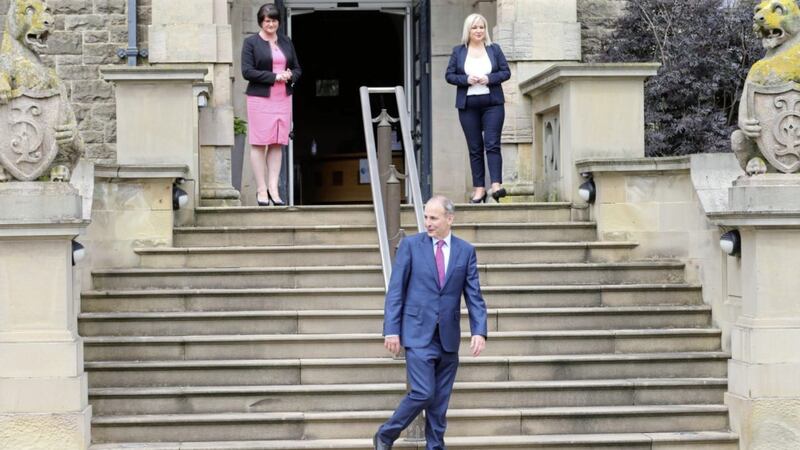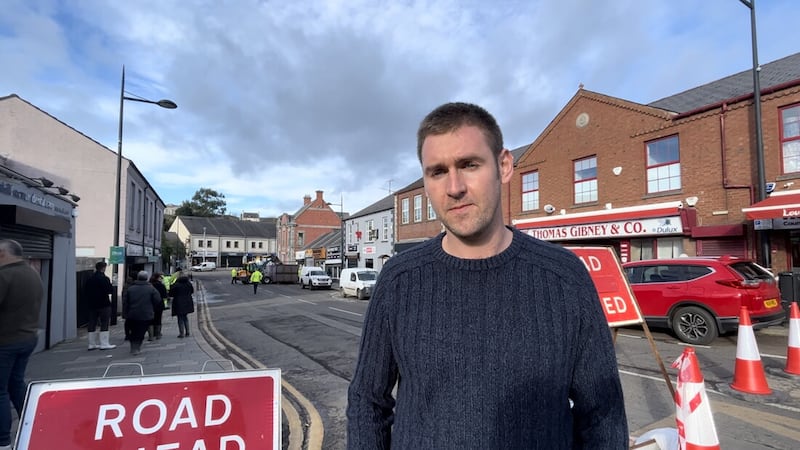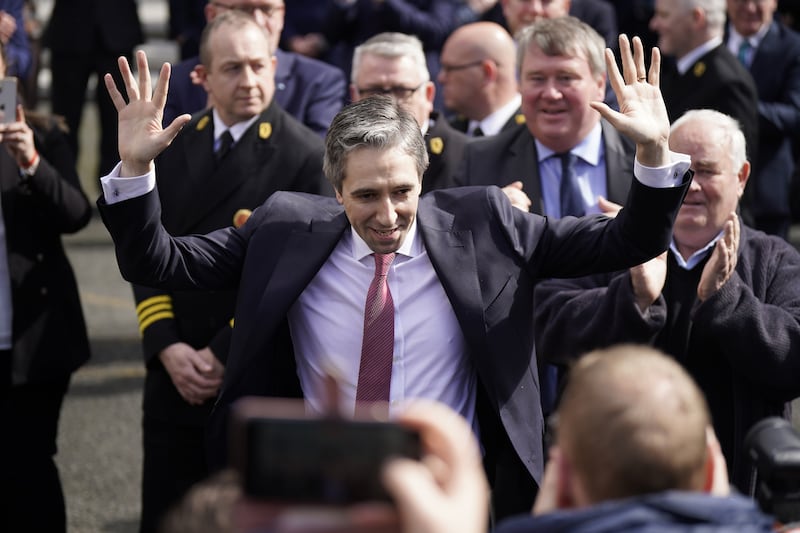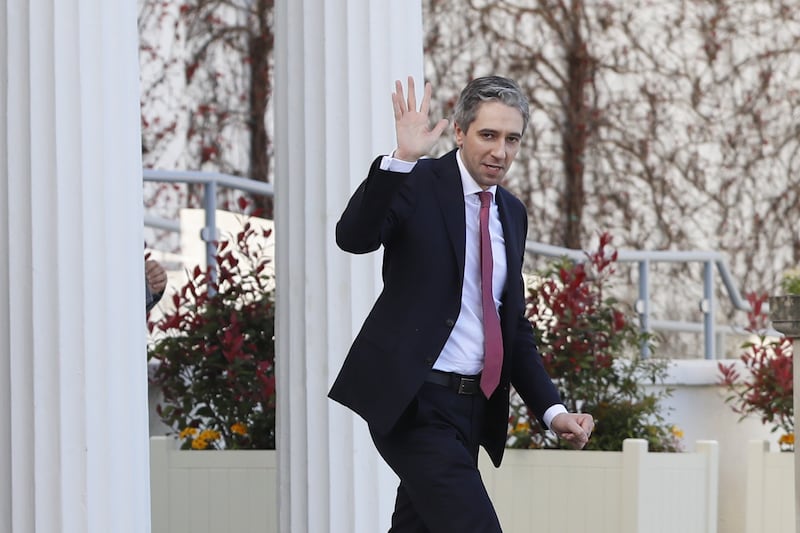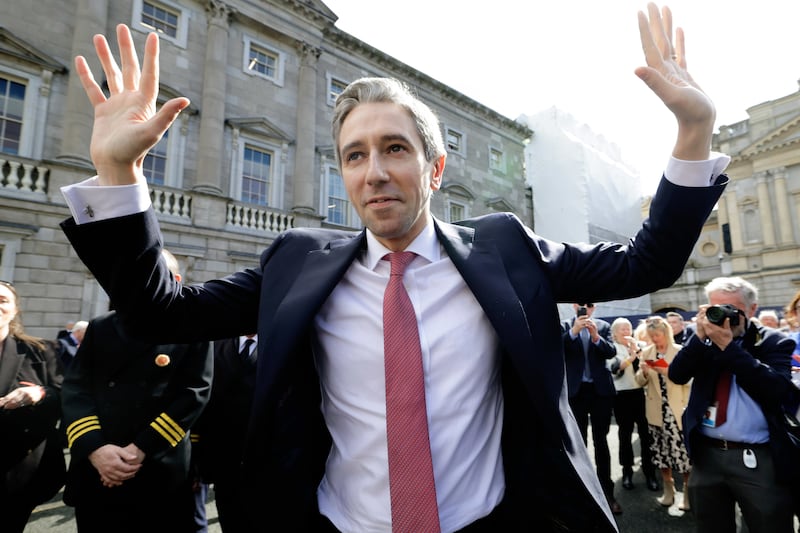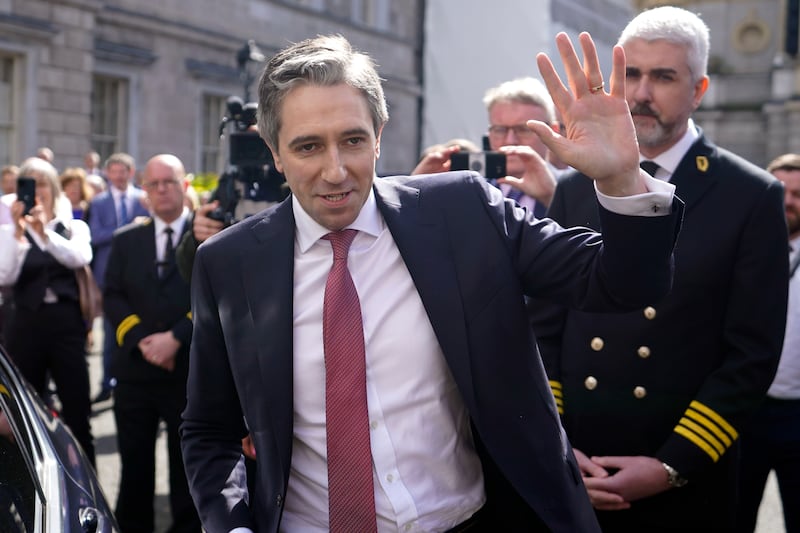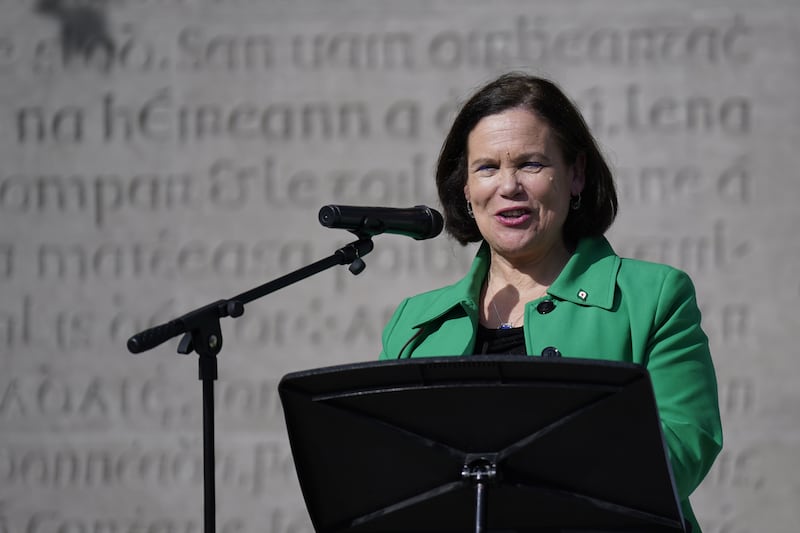Once a source of controversy and protest from hardline unionists, the taoiseach venturing north of the border no longer carries the same political significance it once did. Since the signing of the Good Friday Agreement, a regular visit from the Republic’s premier has become the new normal.
There was a period during the post-St Andrews Agreement decade of DUP-Sinn Féin power-sharing, however, when the southern administrations’ interest in Northern Ireland waned. Brian Cowen and his Fine Gael successor Enda Kenny paid relatively little heed to matters in the north, believing wrongly that if devolution was in place it meant political stability. Brexit coupled with Stormont’s collapse in January 2017 led to a greater acknowledgement from Dublin that it needed to take a more active interest in northern affairs.
Accordingly, Leo Varadkar took the level of engagement to new heights in the first half of his tenure, reaching out to all sections of northern society, such as with a visit to the Orange Order’s headquarters in east Belfast and casually joining a breakfast ahead of Belfast Pride.
For Micheál Martin the situation is a little trickier. His party’s semi-formal association with the SDLP means he’ll be viewed with a degree of suspicion by Stormont’s other parties, especially Sinn Féin. The latter’s new role as the Republic’s official opposition will also ensure a cautious relationship between the taoiseach and Deputy First Minister Michelle O’Neill.
We may hope that they are both mature and far-sighted enough to eschew any politicking in favour of the greater good. Brexit and Covid-19 present new challenges that require a much greater degree of north-south co-operation than the lip service of the past.
In the midst of this already complex and perilous landscape, Mr Martin must also prove to nationalists across the island that the coalition government’s new shared Ireland unit isn’t just nominal – a criticism levelled at the Fianna Fáil-SDLP partnership with some justification. If it does have any merit, it must also encourage genuine engagement from political unionism.
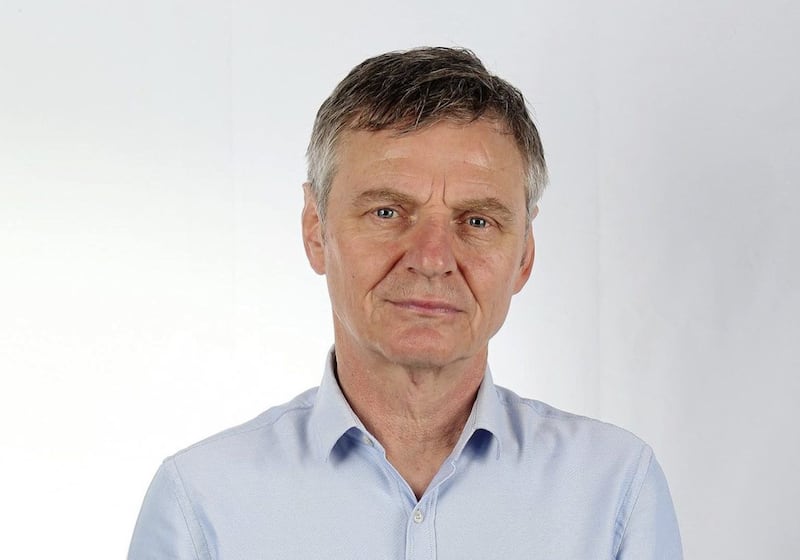
With the taoiseach arguably happy to be across the border escaping his recent domestic woes, yesterday’s visit appeared to be an exercise largely for the optics – pledges all round to cooperate more and develop common interests. Nothing too concrete or any accusations of interference in Northern Ireland’s internal affairs.
Confirmation of a North South Ministerial Council meeting on July 31 suggests the Fianna Fáil leader will continue the fresh dynamism his predecessor brought to cross-border relations.
